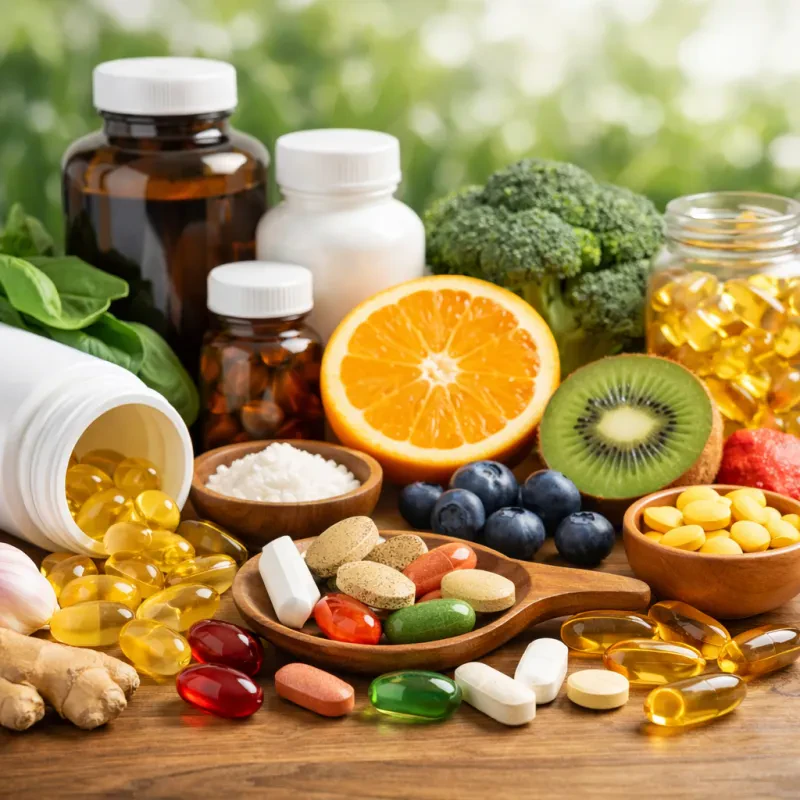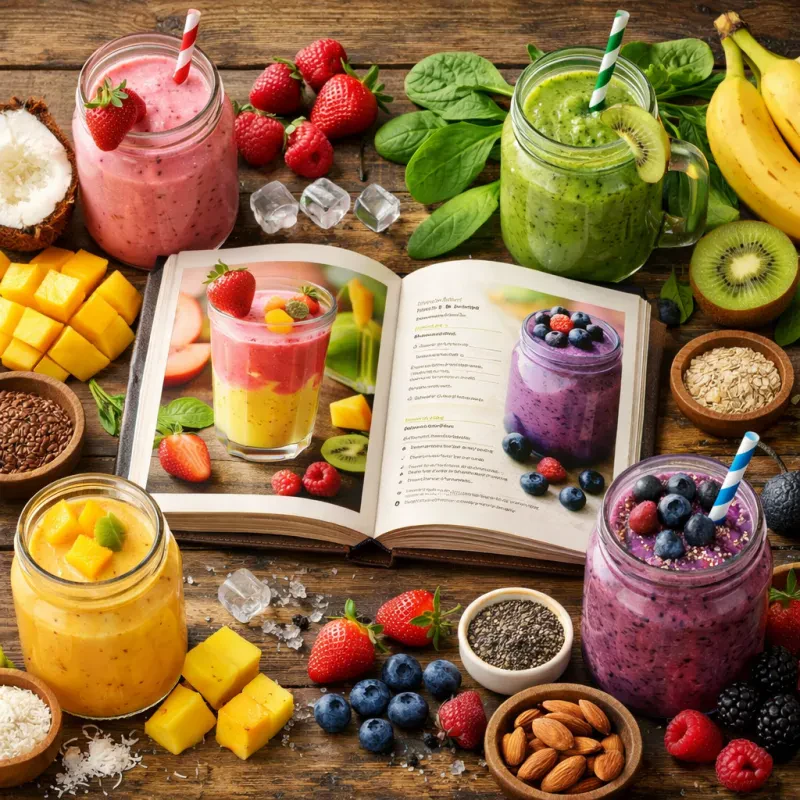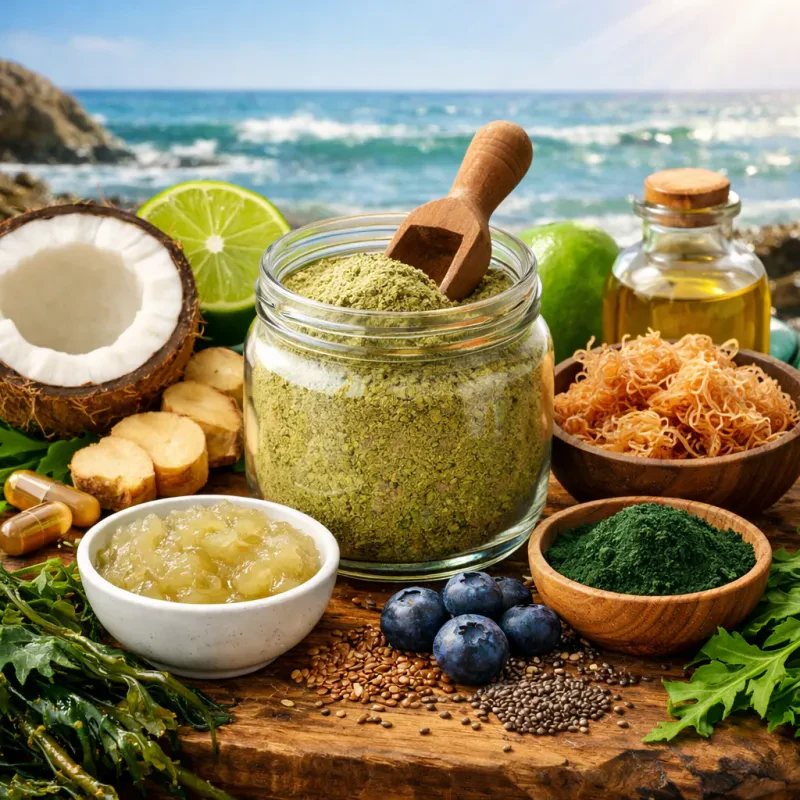Zinc is a vital mineral that plays an essential role in maintaining good health. One of the primary benefits of zinc is its ability to support a strong immune system. By promoting the development and function of immune cells, zinc helps your body fend off infections and illnesses. Whether you're looking to fight off a common cold or prevent more serious ailments, ensuring you have enough zinc in your diet can make a significant difference.
In addition to boosting your immune health, zinc is crucial for healthy skin. It has anti-inflammatory properties that can help heal acne, reduce irritation, and promote overall skin repair. Many skincare products now include zinc as a key ingredient for its ability to soothe and protect the skin. If you’re struggling with skin issues, consider how increasing your zinc intake might help.
Zinc also plays an important role in supporting your body's ability to heal wounds. This mineral aids in cell division and growth, making it essential for proper tissue regeneration. Whether you have a minor cut or a more significant injury, adequate levels of zinc can speed up the healing process and reduce the risk of infection. This makes zinc an important nutrient for everyone, especially for athletes and those active in physical activities.
Moreover, zinc is known to contribute to cognitive function. It is involved in numerous brain functions, including memory and concentration. Adequate zinc levels may help enhance your mental clarity and overall brain health. Adding foods rich in zinc to your diet can be a simple way to support your cognitive abilities and enjoy sharper thinking.
Zinc and Immune System Support
Zinc is a vital mineral that plays a key role in supporting our immune system. This essential nutrient aids in the development and functioning of immune cells, making it an important ally in helping our bodies fend off infections. When we consume sufficient amounts of zinc, we give our immune system the boost it needs to perform at its best.
One of the fascinating aspects of zinc is its ability to modulate the immune response. Zinc helps regulate the production of immune cells like T-cells and B-cells, which are crucial for identifying and combating pathogens. A deficiency in zinc can lead to a weakened immune response, leaving the body more susceptible to illnesses and infections. This is why maintaining adequate zinc levels is so important for overall health.
Moreover, zinc has antioxidant properties, which means it helps combat oxidative stress in the body. Oxidative stress can lead to inflammation, which can negatively impact immune function. By incorporating zinc-rich foods into your diet, such as meat, shellfish, legumes, seeds, and nuts, you can help protect your body from oxidative damage and support your immune system effectively.
For those who may struggle to get enough zinc from their diet, supplements are also available. However, it's essential to consult with a healthcare professional before starting any supplementation. Proper zinc intake can make a significant difference in how well our immune system functions, enabling us to stay healthier and more resilient against various diseases.
Zinc’s Role in Skin Care
Zinc is a powerhouse mineral that plays an essential role in skin care. Known for its anti-inflammatory properties, zinc helps to soothe irritated skin and reduce redness. This makes it especially beneficial for those dealing with conditions like acne or eczema. When applied topically, zinc can promote faster healing of blemishes and prevent future breakouts by regulating oil production.
In addition to its healing abilities, zinc also acts as a natural sunblock. Zinc oxide is a common ingredient in many sunscreens because it provides broad-spectrum protection against harmful UVA and UVB rays. By using products containing zinc, you not only shield your skin from sun damage but also help maintain its youthful appearance. It’s a fantastic option for those who are looking for a natural way to protect their skin.
Moreover, zinc plays a crucial role in collagen synthesis, which is vital for maintaining skin elasticity. As we age, our body's collagen production decreases, leading to wrinkles and sagging skin. Integrating zinc into your skin care routine can help promote a smoother and firmer complexion, making it a great addition for anyone concerned about signs of aging. This mineral supports overall skin health, making it an invaluable component in your beauty arsenal.
How to Get Enough Zinc
Zinc is an essential mineral that plays a vital role in various bodily functions, including immune system support and wound healing. To ensure you’re getting enough zinc in your diet, it’s important to know which foods are rich in this mineral. Incorporating zinc-rich foods into your meals can help you meet your daily requirements and enjoy the benefits it provides.
Some of the best sources of zinc include meats such as beef, pork, and lamb. These foods are particularly high in zinc and can easily be included in your regular meals. For those who prefer a plant-based diet, legumes like chickpeas, lentils, and beans are excellent alternatives. Additionally, nuts and seeds, such as pumpkin seeds and cashews, are not only tasty but also offer a good dose of zinc.
If you find it challenging to get enough zinc from food alone, consider zinc supplements. These are available in various forms, including tablets, capsules, and lozenges. However, it's always a good idea to consult with a healthcare professional before starting any new supplement, especially if you are already taking other medications or supplements.
Cooking methods can also affect zinc absorption. Foods that are high in phytates, such as whole grains and some legumes, can inhibit zinc absorption. Soaking, sprouting, or fermenting these foods can improve the bioavailability of zinc. By being mindful of your food choices and preparation methods, you can maximize your zinc intake and harness its amazing benefits.



